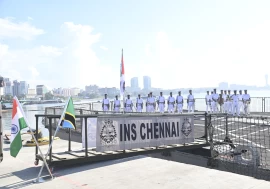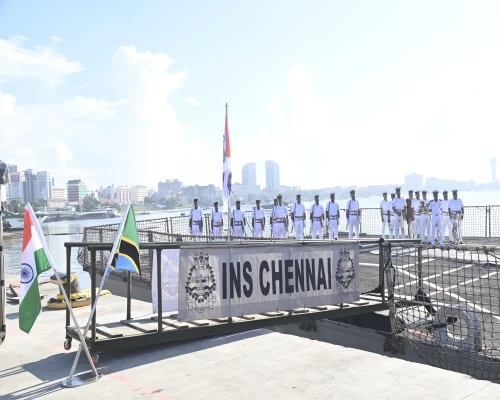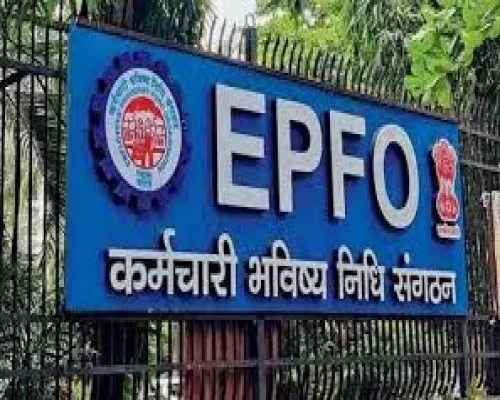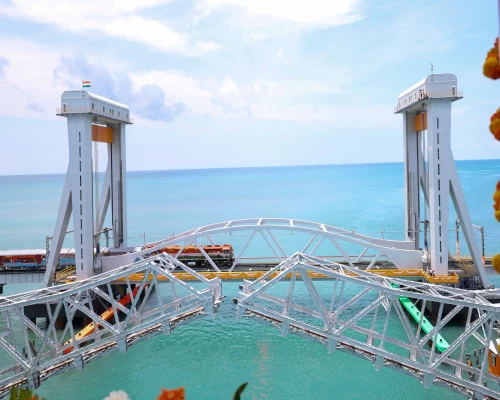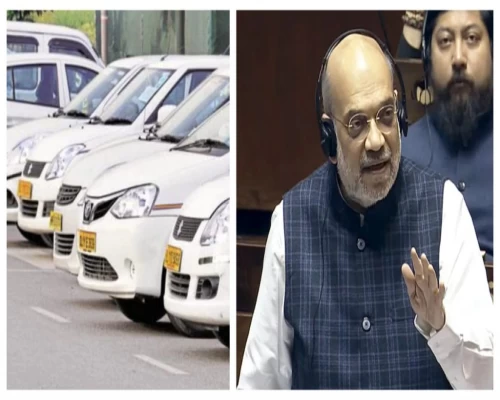_2100_x_1470.webp)
New Delhi: The Pradhan Mantri Mudra Yojana (PMMY), launched on 8 April 2015, has completed a decade of supporting India’s small and micro-entrepreneurs. Designed to improve financial access for non-corporate, non-farm small businesses, the scheme has evolved significantly over the years, extending collateral-free loans up to ₹10 lakh, with recent expansions pushing the limit even further.
In a major boost announced during the Union Budget 2024-25, the loan cap under PMMY was increased to ₹20 lakh, effective from 24 October 2024. A new category, Tarun Plus, was introduced specifically for borrowers who have successfully repaid previous loans under the Tarun bracket. These entrepreneurs can now avail themselves of loans between ₹10 lakh and ₹20 lakh. The Credit Guarantee Fund for Micro Units (CGFMU) will cover these enhanced loans, adding an extra layer of support.
Since its inception, PMMY has channelled over ₹33.65 lakh crore to more than 52 crore loan accounts, reaching a wide cross-section of Indian society. Notably, nearly 68% of these accounts belong to women, and substantial portions have supported entrepreneurs from Scheduled Castes, Scheduled Tribes, and Other Backward Classes.
Finance Minister Nirmala Sitharaman remarked, “The Pradhan Mantri MUDRA Yojana (PMMY) was launched by Prime Minister Narendra Modi, with the mission of empowering hardworking micro-enterprises and first-generation entrepreneurs. Guided by the Prime Minister's vision of 'Funding the Unfunded', the scheme extended collateral-free loans to bridge the gap in timely and affordable financing for small enterprises that faced significant challenges in accessing formal institutional credit.”
She further highlighted the scale and impact of the scheme, saying, “With over ₹33.65 lakh crore sanctioned to more than 52 crore MUDRA loan accounts, the scheme has proved to be an important milestone in giving wings to the aspirations of crores of entrepreneurs, particularly those belonging to marginal sections of society. Since 2015, ₹11.58 lakh crore worth of MUDRA loans have been sanctioned to various marginalised communities belonging to Scheduled Castes, Scheduled Tribes and OBCs, realising the PM's mantra of 'Sabka Saath, Sabka Vikas, Sabka Vishwas and Sabka Prayaas.'”
The minister also pointed out the contribution of women entrepreneurs, stating, “It is heartening to note that nearly 68% of the total MUDRA loan accounts have been sanctioned to women, becoming a tool for empowerment and enabling women to national economic growth, and inspire the next generation of female entrepreneurs. In line with the Budget 2024-25 announcement, the introduction of the Tarun-Plus category last year, with an increased loan limit of ₹20 lakh, will further help thriving entrepreneurs expand and unlock their full potential.”
Minister of State for Finance Pankaj Chaudhary described PMMY as one of the most significant initiatives globally for promoting entrepreneurship. He observed, “Financial inclusion is one of the top priorities of the government, as it plays a vital role in achieving inclusive growth. PMMY provides a platform for small entrepreneurs to access loan support from banks, NBFCs, and MFIs.”
Reflecting on the origins of the scheme, he added, “While launching the scheme, Prime Minister stated that supporting India’s small entrepreneurs is one of the most effective ways to help the Indian economy grow and prosper. The scheme has provided crucial financial assistance to a vast number of entrepreneurs, helping them set up and operate their businesses and instilling a sense of financial security in them. It has created self-employment opportunities across the country, especially for marginalised sections of society, including Scheduled Castes/Scheduled Tribes, Other Backward Classes (50% of loan beneficiaries), and women (68% of loan beneficiaries).”
The minister noted that PMMY has also played a key role in steering small entrepreneurs away from informal lenders. “The core objective of the MUDRA Yojana is 'Funding the Unfunded.' The scheme has successfully ended the exploitation of India’s small entrepreneurs by informal lenders. In less than a decade, it has extended over ₹33.65 lakh crore through 52.37 crore loans, instilling a new sense of confidence among borrowers. This clearly reflects the government’s firm commitment to support their efforts and its accelerated journey toward making India a developed nation by 2047 through inclusive growth enabled by financial inclusion.”
Micro, Small, and Medium Enterprises (MSMEs) continue to play a crucial role in complementing larger industries and driving India’s industrial growth. With MSMEs expanding their footprint across sectors and offering a diverse range of products and services, the support provided under PMMY is widely seen as instrumental in shaping a more inclusive economic landscape.
As the scheme marks its tenth anniversary, the government’s focus remains on deepening financial inclusion and sustaining the momentum of entrepreneurship across the country.
BI Bureau


